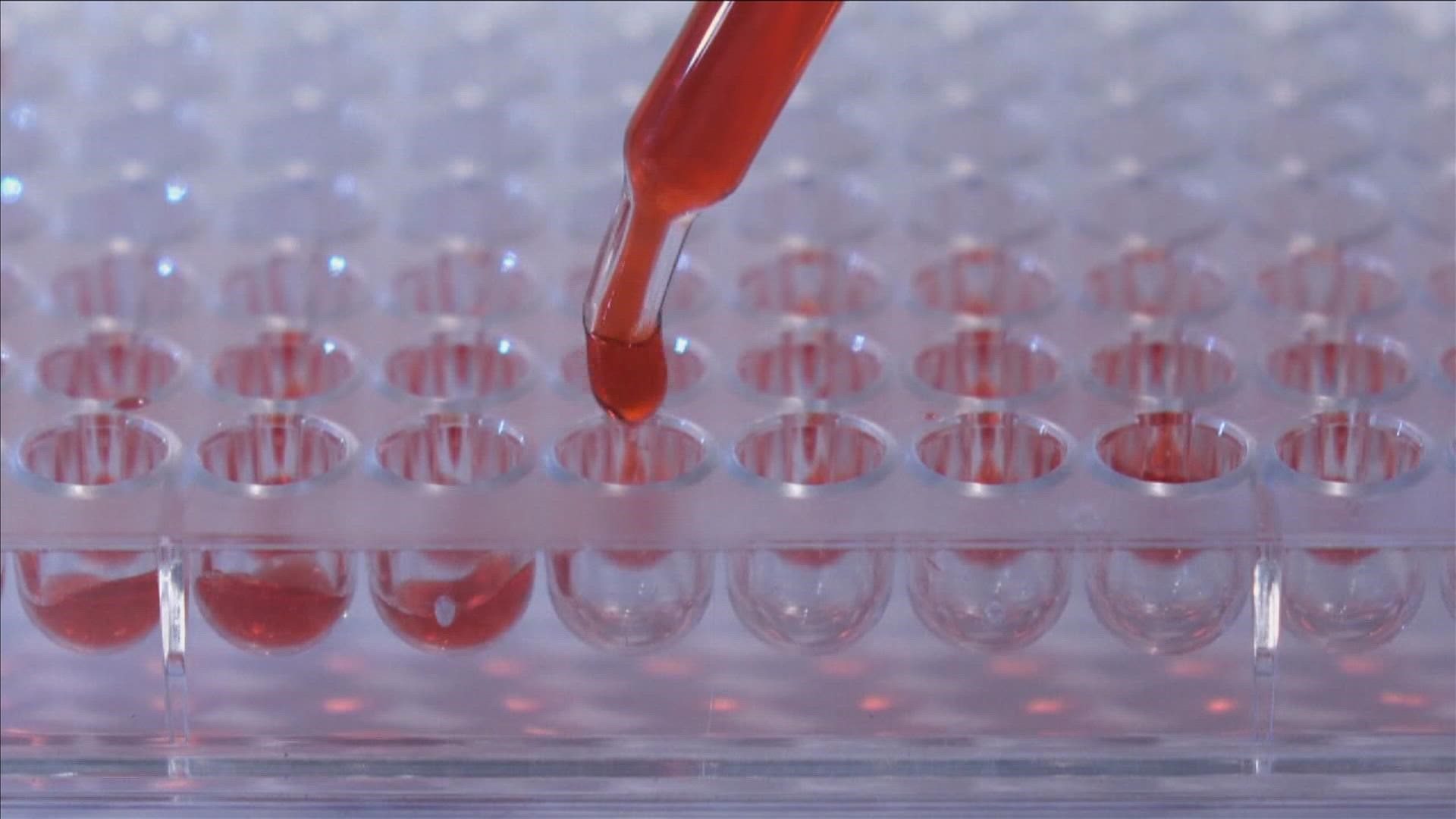MEMPHIS, Tenn. — Here at ABC24, we are all about keeping you healthy. September is Healthy Aging Month, and we can always improve our lifestyle, starting with cholesterol.
High cholesterol has no symptoms, so many people do not know that their cholesterol is too high.
According to the CDC, 28 million adults in the United States have total cholesterol levels that are outside the norm.
Having high blood cholesterol raises the risk of heart disease, which is the leading cause of death and stroke.
Methodist South Hospital Chief Medical Officer Dr. Amit Prasad said having a heart-healthy diet is really an overall responsibility that you have to look at. There are several factors that contribute to it.
“Everybody should get their cholesterol checked. I think it’s really important. Some people are at higher risk of heart disease, strokes... and know what their target should be,” Prasad said.
Unfortunately, bad cholesterol is a silent killer. Prasad said it is important to get your primary physician to do a blood test, so that you know your levels.
“It is important for you to understand what these numbers mean. He’s probably going to come back to you with three different numbers,” Prasad stated.
One of those numbers will be your LDL, or low-density lipoprotein, which is the bad cholesterol that builds up on the wall of your blood vessels. It then leaves plaque over a period of time, which narrows your blood vessels and blocks the flow to and from your heart and other organs.
“The other, maybe the HDL or the high-density lipoprotein, which is the good cholesterol. The third number he may come to you with is the triglyceride level. Now the LDL or the triglyceride level, lower is better,” Prasad said. “This cholesterol can increase the risk of heart disease and strokes, so you need to do all you can to keep that number as low as possible.”
Prasad said there are three important steps that you can take to either lower your cholesterol or maintain your healthy levels, starting with exercise.
“It can actually help increase your HDL or your good cholesterol. Most people need at least 150 minutes of good exercise per week, so real intense and moderate exercises,” Prasad said. “Walking is wonderful if you can do that or any physical activity that raises your heart rate.”
Watching your diet is also key. Cholesterol is mainly in different meats, egg yolks, shrimp, and whole milk dairy products, so monitoring how many milligrams you consume is important.
Instead, you should eat foods that are high in soluble fiber like whole grain cereals, fruits, and legumes. This will help prevent your digestive tract from absorbing cholesterol.
“Really a heart-healthy diet is not just one thing. It’s several things that you have to look at.”
Health professionals suggest that you have your cholesterol checked every four to six years.
Also, for those who have heart disease, diabetes, or who have a family history of high cholesterol, Prasad recommended that you get their cholesterol checked more often.
“When you get the blood test, break it down to the good and bad cholesterol, so you know which one is high and what your numbers are, because your target will depend on you, your risk factor, and family history,” Prasad said. “Some people who already have heart disease or diabetes may need to be on a stricter diet.”
Prasad also recommended talking to your doctor or even a dietician to determine how many milligrams of cholesterol you should consume.
Another thing to be reminded of is your alcohol intake. It adds extra calories, which can lead to weight gain, and affect your levels, putting your health at risk.
Health professionals said men should have no more than two drinks and women should do no more than one drink a day.

